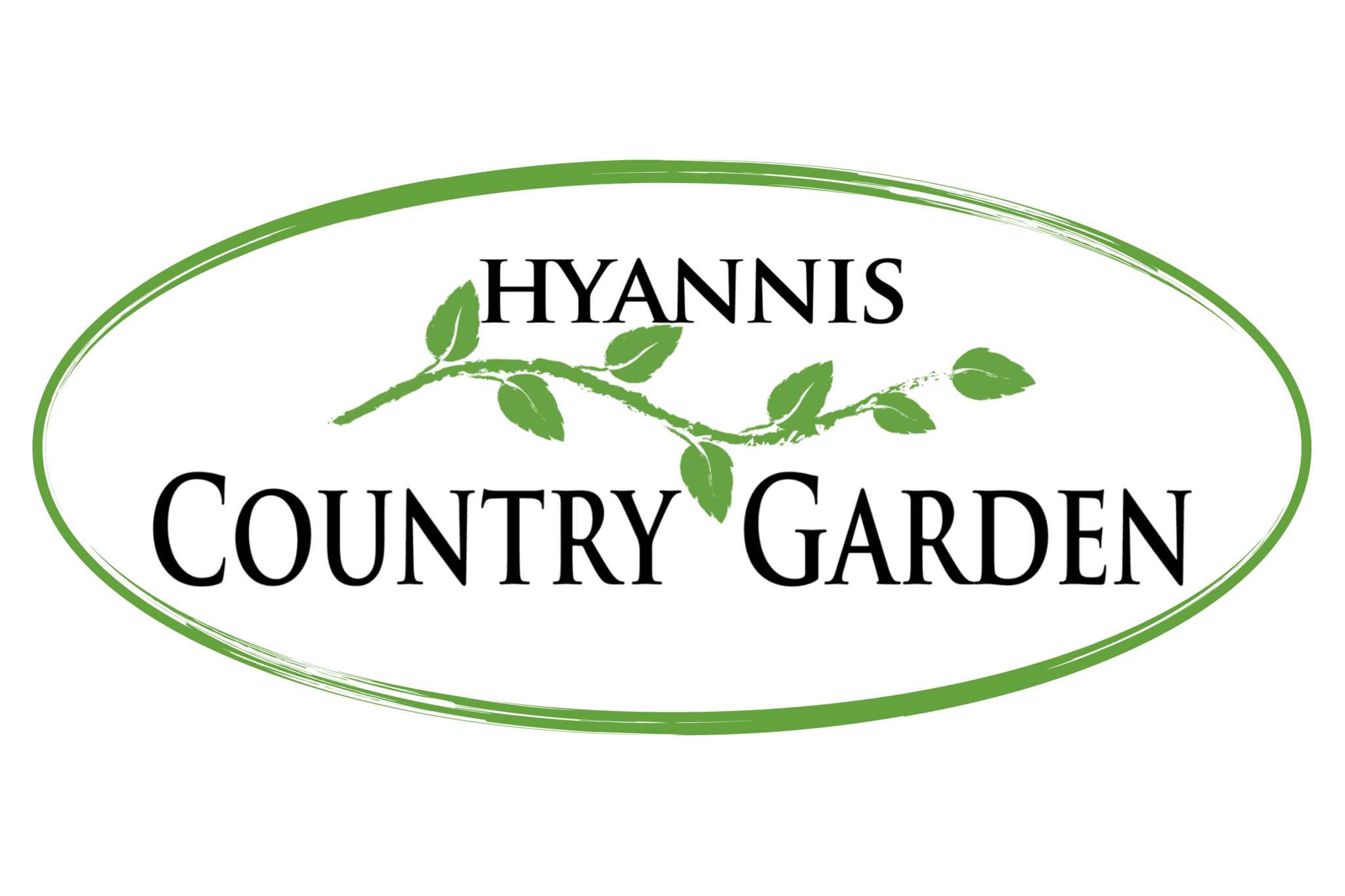Smart Fertilizing on Cape Cod
Smart Fertilizing on Cape Cod
Cape Cod homeowners, landscapers and gardeners have two goals: they wish to have beautiful properties and they want to protect the natural environment where we live. Knowing that all the products applied to our yards and gardens can effect our soils and water ways, we need to approach all applications of products thoughtfully and with purpose.
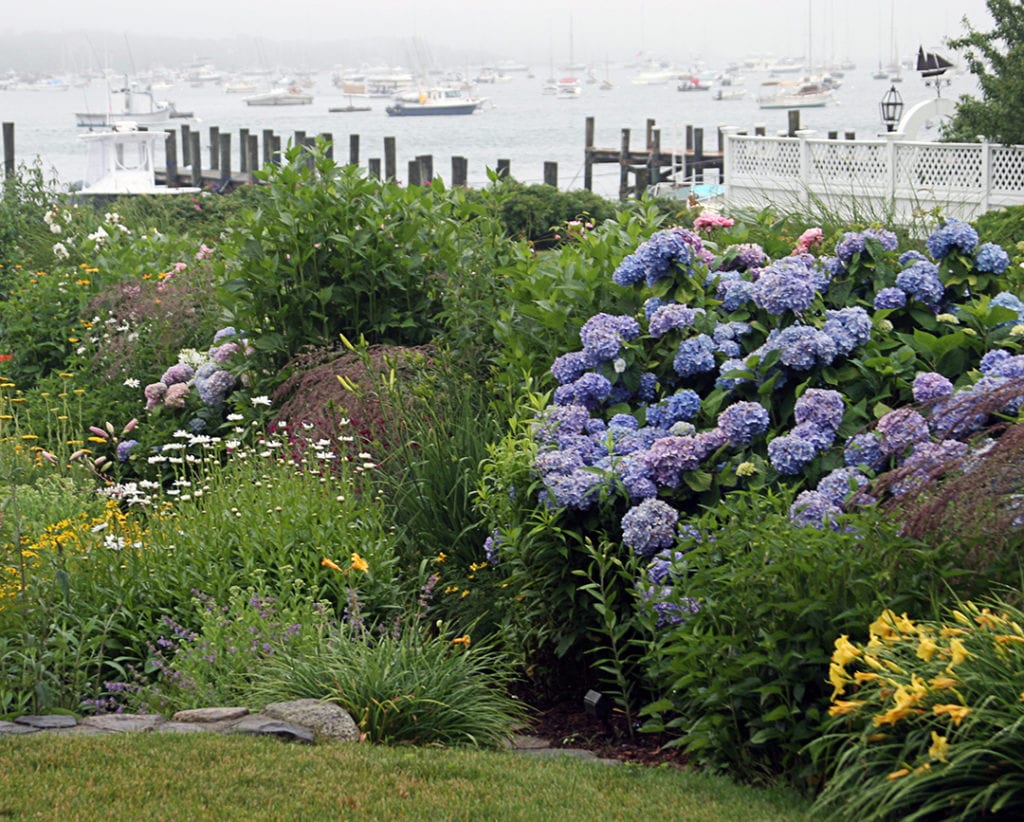
Start With A Soil Test
Many people have gotten into the habit of automatically applying fertilizer without knowing if their soil needs it. Smart fertilizing starts with knowing if your soil needs nutrients. A soil test from the University of Massachusetts Soil Lab is the first step. Click on that link for full instructions on how to take soil samples and send them in. You may want to take samples of a perennial garden and the lawn one year, and the vegetable bed or area under your shrub border the next year. When you get your test results back, feel free to print them out and come into the store where our staff can help you interpret the numbers and recommendations.
Use Slow-Release Organic Products
In general, our yards and gardens benefit from the use of organic fertilizers. These release their nutrients slowly, which is in keeping with how nature grows plants. An application of an organic fertilizer that’s put down in the spring will be available to the plants in the summer, when they are actively growing.
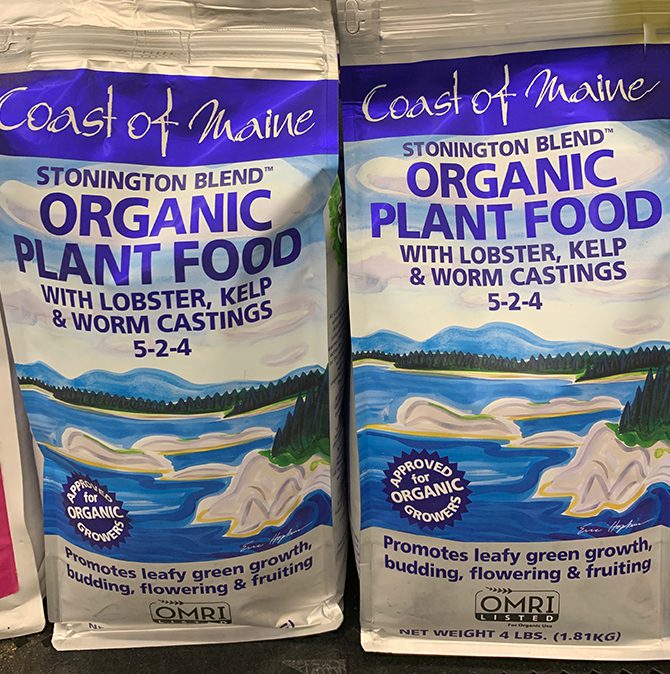
Organic Material is The Key!
When people say to me, “I have really bad soil,” my response is to direct them to any of our conservation lands on the Cape. “That area has the identical ground that you have, yet look what Nature is growing in that same pure sand.” What is allowing those hundreds of plants to grow – from the smallest perennial wintergreen to the tallest oak tres – is the organic matter that falls to the ground and composts in place. Nature is always amending soil from the top down.
Now you might want your property to look more cultivated than the woods, but you can supply the same organic matter that keeps plants healthy by applying compost and organic mulches. You can mow your grass 3″ high and let the clippings fall back on the lawn. You can use the leaves that fall on your grass for making compost or mulch.
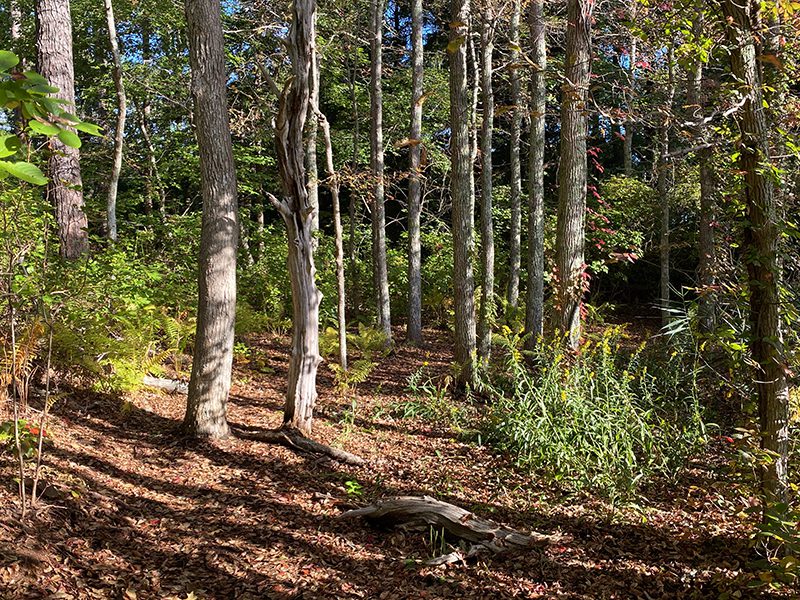
Timing is Everything
In general, we don’t want to apply any fertilizers on Cape Cod from the late fall into mid-April. This is because the product is more likely to wash into our waterways in those months, and the plants aren’t in need of the nutrients at that time anyway. Individual towns on the Cape have different windows of time when fertilizer should or shouldn’t be applied. You can see the document about Plant Nutrient Management in Barnstable Country here, and the list of towns with specific regulations about timing here.
We’re Here to Help With Thoughtful Landscaping!
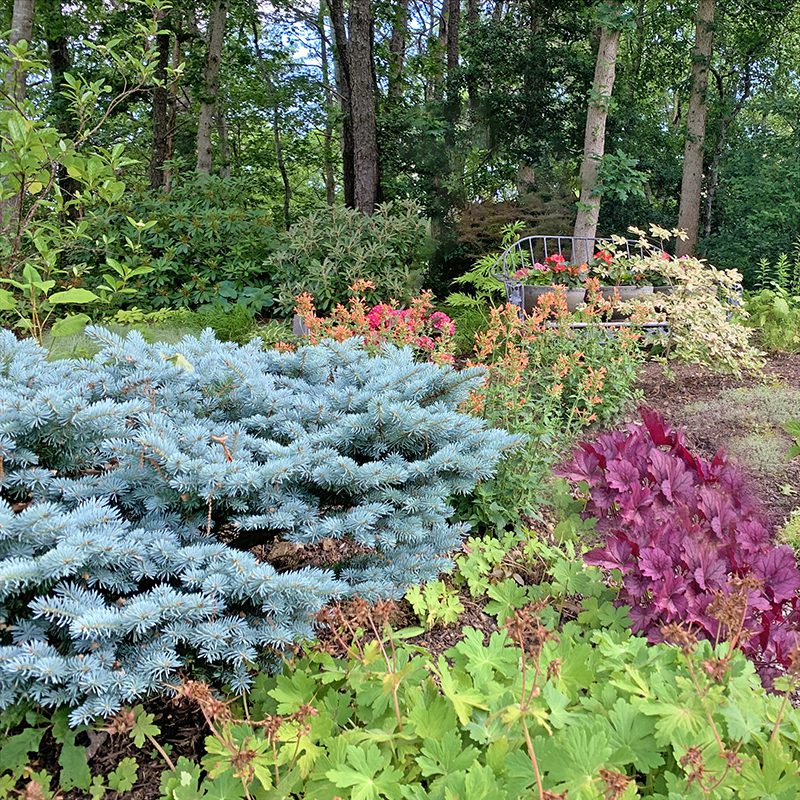
Subscribe To Our Newsletter
Sign up for our weekly email about sales and events.
